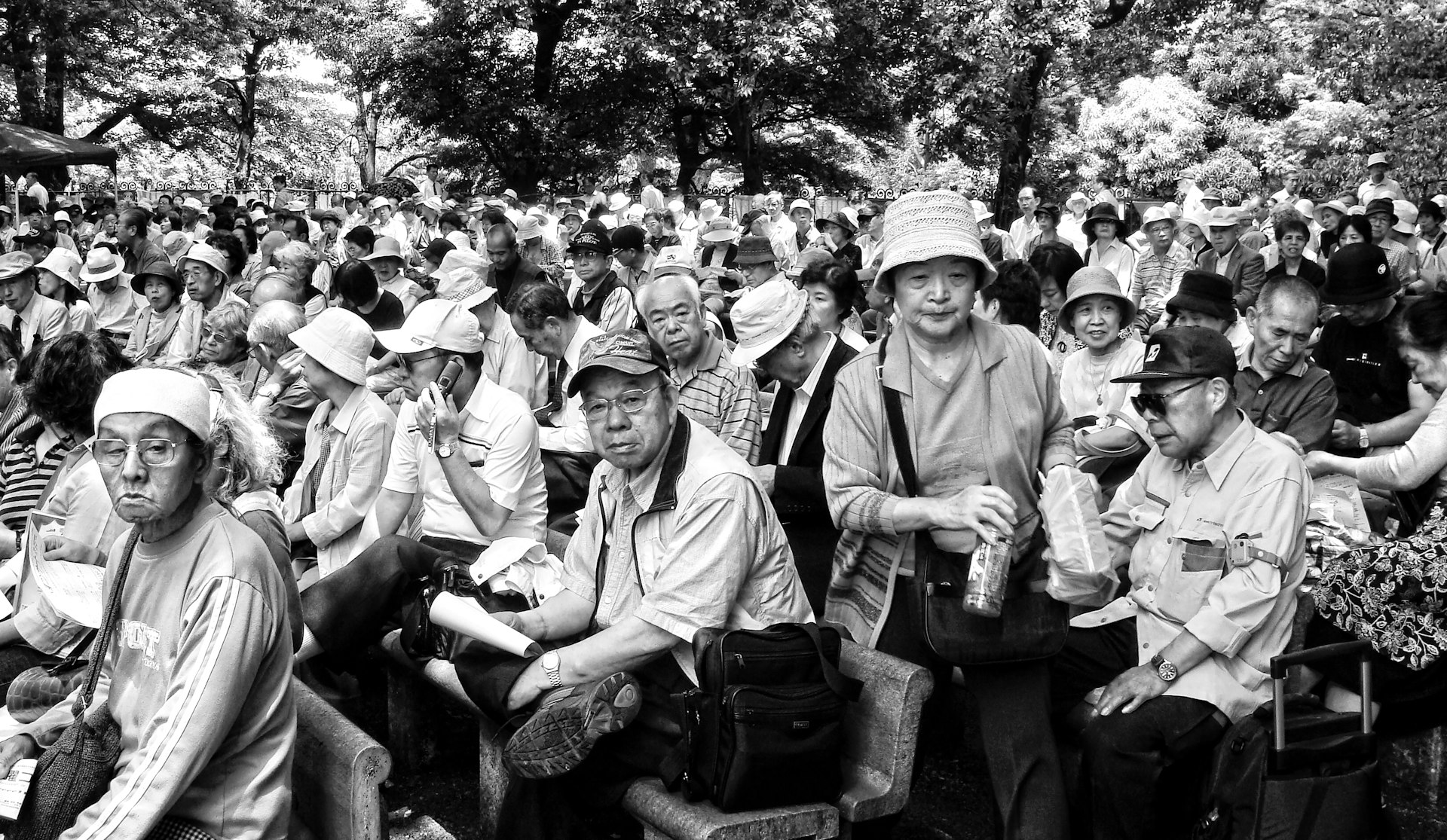The Global Legacy of the Vietnam War: Lasting Impact on World History


Photo by Hennie Stander on Unsplash
Introduction
The Vietnam War, fought from 1954 to 1975, stands as one of the most influential conflicts of the 20th century. Its repercussions extended far beyond Southeast Asia, reverberating through global politics, military doctrine, economic systems, and social movements. This article examines the multifaceted impact of the Vietnam War on world history, providing actionable steps for those seeking further information and research on its legacy.
Geopolitical Shifts and the Cold War
The Vietnam War was deeply entwined with the dynamics of the Cold War. It was seen as a crucial battleground in the ideological struggle between communism and democracy, embodying the U.S. “domino theory”-the belief that the fall of Vietnam to communism would trigger similar outcomes in neighboring countries. [4] This theory drove American involvement, prompting significant military and financial commitments. Ultimately, the war’s outcome challenged prevailing assumptions about U.S. power and the spread of communism, leading policymakers to reconsider interventionist strategies. The reluctance to engage in future conflicts, known as the “Vietnam Syndrome,” shaped U.S. foreign policy for decades. [1]

Photo by Oscar Schnell on Unsplash
For those interested in exploring Cold War policy shifts, you can review official documents and analyses through academic databases or visit your local university library’s history section. Searching for “Vietnam War Cold War policy impact” in scholarly search engines like JSTOR or Google Scholar can yield peer-reviewed studies.
Military Strategy and Technology
The Vietnam War redefined modern military strategy. It exposed the limitations of conventional warfare against guerrilla tactics and led to a greater emphasis on air power and technological innovation. The conflict saw widespread use of helicopters, advanced communications, and chemical agents such as Agent Orange. However, the inability to achieve decisive victory despite technological superiority prompted military leaders worldwide to rethink doctrines and prioritize flexibility, local engagement, and intelligence operations. [3]
To learn more about military innovations and lessons from Vietnam, consider accessing resources from the U.S. Army Center of Military History and searching for “Vietnam War military strategy analysis.” Many military museums offer exhibits and educational materials for in-depth study.
Transformation of International Relations
The war catalyzed changes in global alliances and the structure of international organizations. The U.S. experience in Vietnam led to greater caution in forming military alliances and increased reliance on multilateral diplomacy. The conflict also influenced the development of international law regarding war conduct and human rights, as revelations such as the My Lai Massacre galvanized global movements for accountability. [4]
You can access international law resources by visiting official United Nations websites and searching for “Vietnam War international law impact.” For historical diplomatic records, consult national archives or the Foreign Relations of the United States series.
Economic Consequences and Global Markets
The economic impact of the Vietnam War was significant both in the United States and globally. The war contributed to inflation and budget deficits as the U.S. government struggled to finance military operations without raising taxes. [1] Southeast Asia’s economies were destabilized, with Vietnam’s agriculture, industry, and infrastructure severely disrupted. [4] The war also shaped global commodity markets and labor migration, as refugees and displaced populations moved across borders.
If you wish to research economic data, the World Bank and International Monetary Fund websites offer country reports and historical analyses. To study the economic legacy in Vietnam and Southeast Asia, searching for “Vietnam War economic impact” in economic history journals is recommended.
Social Change and Cultural Movements
The Vietnam War sparked profound social transformations. In the United States and around the world, anti-war movements grew, challenging government authority and inspiring new forms of activism. [2] The conflict fueled the rise of protest culture, influencing music, art, and literature. The war also contributed to a generational shift in political attitudes, with increased skepticism toward official narratives and greater advocacy for civil liberties.
Those seeking to understand the cultural impact can explore oral history projects, museum collections, and archives. Libraries often hold special exhibits on Vietnam-era social movements. Consider searching for “Vietnam War protest movement” or “Vietnam War cultural impact” in local and national library catalogs.
Political Realignment and Policy Reform
The Vietnam War reshaped political landscapes, particularly in the United States. It divided political parties, weakened trust in government, and led to reforms in military oversight and the use of executive power. [1] Many nations reevaluated their approaches to foreign intervention, leading to stricter guidelines and legislative oversight.
To study political reforms, consult government archives or the Library of Congress. Searching for “Vietnam War political reform” can help you find legislative histories and analyses of policy changes.
Lasting Lessons and Continuing Relevance
Decades after the end of the Vietnam War, historians, policymakers, and the public continue to debate its meaning and lessons. The war remains a reference point in discussions on military intervention, global justice, and the responsibilities of power. [5] Its legacy persists in educational curricula, popular culture, and diplomatic practice.
For ongoing research, academic journals such as the
Journal of Contemporary History
and organizations like the Vietnam Veterans Memorial Fund provide current analyses and stories. You can also visit national memorials, museums, and participate in educational workshops to deepen your understanding.
Practical Guidance for Further Research
If you wish to explore the impact of the Vietnam War in greater detail:
- Search for “Vietnam War” in trusted academic databases such as JSTOR, ProQuest, or your local university library.
- Visit established museums like the Smithsonian National Museum of American History for exhibits and expert-led seminars.
- Contact history departments at accredited universities for recommended reading lists and access to scholarly conferences.
- Review government archives and the Foreign Relations of the United States series for primary source documents.
- For international perspectives, consult UNESCO and United Nations resources on post-war development and reconstruction.
Key Takeaways
The Vietnam War’s legacy is global: it reshaped international relations, military strategy, economic systems, and social movements. Its lessons continue to influence policy and public debate, reminding us of the complexity and consequences of conflict. For comprehensive research, rely on established academic institutions, museums, and official government resources, using targeted search terms and consulting expert guidance when needed.
References
- [1] Digital History (n.d.). The War’s Consequences: Impact on U.S. Economy, Politics, and Public Trust.
- [2] Minh, K. (2023). A Historical Analysis of the Vietnam War and its Impact on America. Influence Journal.
- [3] Wikipedia (2025). Vietnam War: Colonial Roots, International Dynamics, and Legacy.
- [4] Encyclopaedia Britannica (2025). Vietnam War: Facts, History, and Consequences.
- [5] Fiveable (n.d.). The Vietnam War – Honors World History Study Guide.






